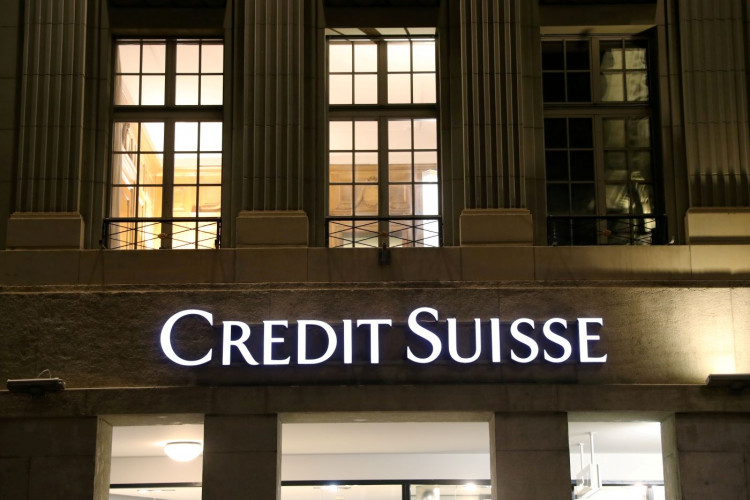Credit Suisse revealed on Tuesday that it would sell a sizable chunk of its securitized products group (SPG) to Apollo Global Management in order to hasten the restructuring of its investment bank.
The bank considers the sale an "important step towards a managed exit from the Securitized Products business, which is expected to significantly de-risk the investment bank and release capital to invest in Credit Suisse's core business."
According to Credit Suisse, the deal is anticipated to lower SPG assets from about $75 billion to $20 billion, coupled with the potential sale of other assets to outside investors.
Risk-weighted assets (RWAs) were a key component of the reorganization plan, and almost $10 billion of them were offloaded on Tuesday, according to the bank.
"The approximately USD 20 billion of remaining assets, which will generate income to support the exit from the SPG business, will be managed by Apollo under an investment management relationship with an expected term of five years to be entered into at the first closing," Credit Suisse added in a statement.
Credit Suisse announced a substantial strategy makeover, as well as a massive quarterly loss, at the end of October, after contending with sluggish investment banking revenues and litigation costs related to a series of legacy compliance and risk management failings.
The failing lender reported a net loss of 4.034 billion Swiss francs ($4.09 billion) in the third quarter, versus analyst projections of a loss of 567.93 million Swiss francs. The figure was also much lower than the 434 million Swiss franc profit generated in the same period the previous year.
The loss was attributed to a 3.655 billion Swiss franc impairment related to the "reassessment of deferred tax assets as a result of the comprehensive strategic review," according to the bank.
The SPG is a significant player in the public U.S. securitization market, especially when it comes to residential mortgage-backed securities.
Next week, Credit Suisse will convene an extraordinary general meeting to ask shareholders for approval of a number of crucial reorganizational components. Among them is the Saudi National Bank's anticipated 1.5 billion Swiss franc ($1.6 billion) investment as part of a 4 billion Swiss franc capital raise in exchange for a 9.9% stake in the company.
The bank promised to "radically restructure" its investment bank in order to dramatically reduce its exposure to risk-weighted assets, which are used to determine a bank's capital requirements, in its widely anticipated strategic change. It also intends to reduce its cost structure by 15%, or 2.5 billion Swiss francs, by 2025.
By the end of 2024, the bank plans to incur restructuring charges totaling 2.9 billion Swiss francs.





